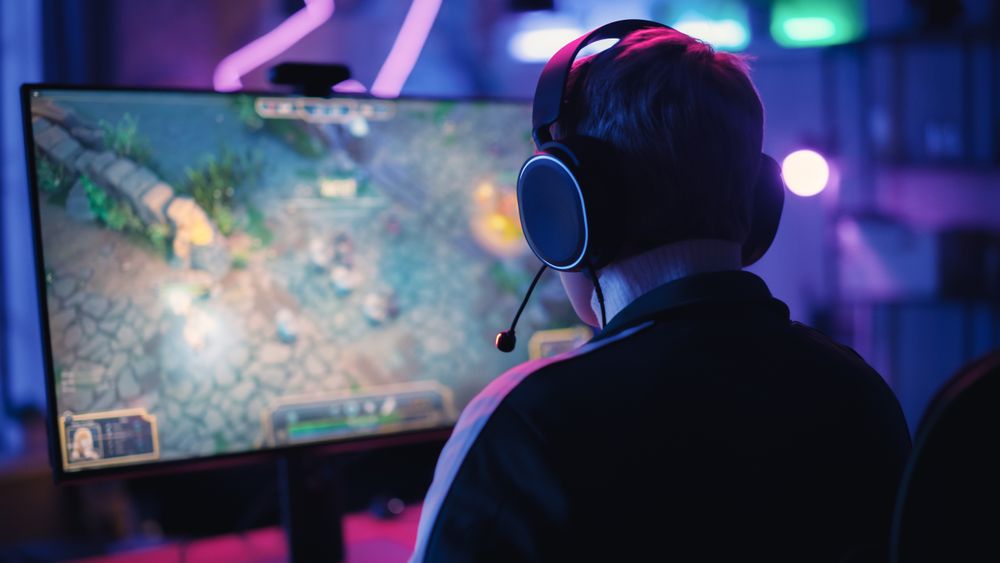The ink had barely dried on my last story about a conversation I overheard between two teenage white boys who wanted to own Black slaves when a close friend of mine sent me an article titled: Google removes Slavery Simulator game amid outrage in Brazil.
The game allowed players to buy and sell Black characters. They could also inflict different forms of torture on these Black characters. For all those who gaslit me when I said white people are fantasizing about owning Black slaves again, need I say more?
The simple fact that a platform like Google didn’t have safeguards in place to prevent this type of thing from happening says a lot about how no one really gives a f**k about anti-Black racism.
Related: Anti-Woke Author Malfunctions After Being Asked to Define Woke on Live Web Show
Like I always say, when it comes to anti-racism, it’s not what you say that matters, it’s what you actually do that counts. As noted in the linked article above, The slavery simulator game was pulled off the Google app store, but over a thousand people had downloaded it by them.
Shockingly, the game had garnered a four out of five star review rating. For those not well versed in the review system, this simply means the people who played the game thought it was good, excellent even.
One of the reviewers even praised the game, decrying the fact that there were not enough torture options for the slaves in it.
To be Black is to be constantly fighting against injustices, to be constantly trying to right wrongs, because white supremacy doesn’t want us to live or to matter.
Yes, folks, that is absolutely “sick,” isn’t it? But that should tell you something about the racist world we all live in where Black bodies are dehumanized with the most violent, vile, and inhumane of acts. In the minds of some, our lives have no value.
Related: My Coworkers Have Long Forgotten George Floyd
Of course, many people are up in arms and in reactive mode in Brazil. Consumers are pushing for Google to strengthen its anti-racism review standards.
Don’t get me wrong, that’s a good thing, but like everything, if one doesn’t monitor the company to ensure it does correct its present-day lax policy, nothing will change.
Furthermore, all too often, Black people are not only the victims of deplorable racism, we are also the ones who need to make sure the perpetrators—in this case, Google—put in place measures to avoid such situations from happening again.
It’s truly exhausting, especially since we have jobs to do, families to feed, and a life to lead. To be Black is to be constantly fighting against injustices, to be constantly trying to right wrongs, because white supremacy doesn’t want us to live or to matter.
My friends often ask me how I continue to write about racism. They often wonder if I ain’t tired at this point. I will admit that there are some days when I simply want to give up the fight.
I mean, I am from Sierra Leone. I could easily move there and never have to see a white person ever again. Never have to be a victim of anti-Black racism ever again. I could probably make that work, but when I dig deeper into my thoughts, I realize that would be like letting racists win. Why would I want to do that?
I grew up here in Switzerland— my children are half-Swiss, half-Sierra Leonean. This is home, too. This is my country and theirs, too. This is our world, too. We have the right to settle and to live in either place. And so, for as long I have breath in me, I will stand up and fight against anti-Black racism and all its nasty bedfellows like anti-semitism, Islamophobia, and homophobia.
At the end of the day, this planet is a diverse place, and we were never meant to be a homogeneous species. Our diversity will always be our strength, and I will push and champion that for as long as I live.
This post originally appeared on Medium and is republished with author's permission. Read more of Rebecca Stevens A.'s work on Medium.
